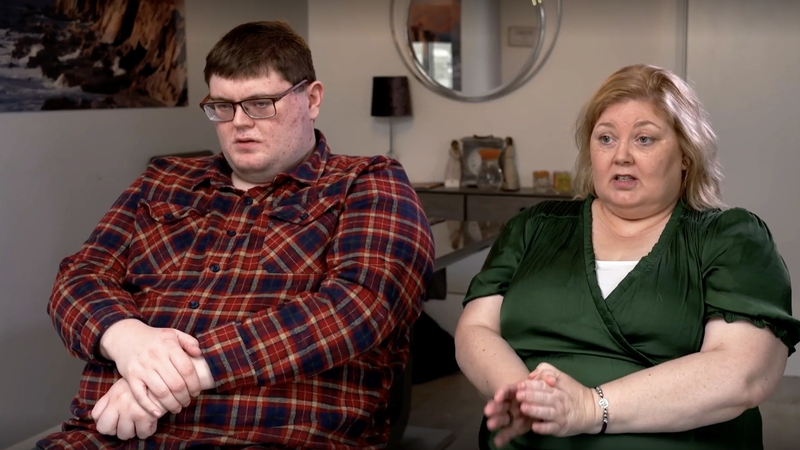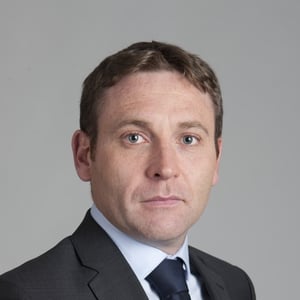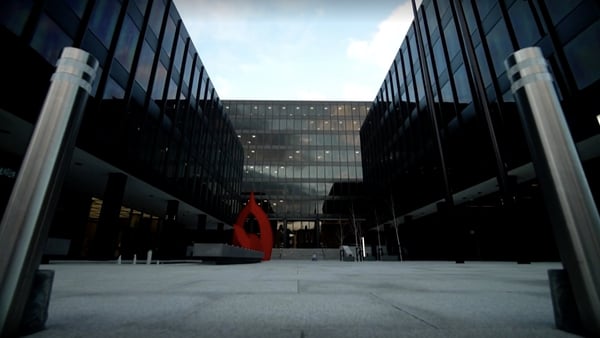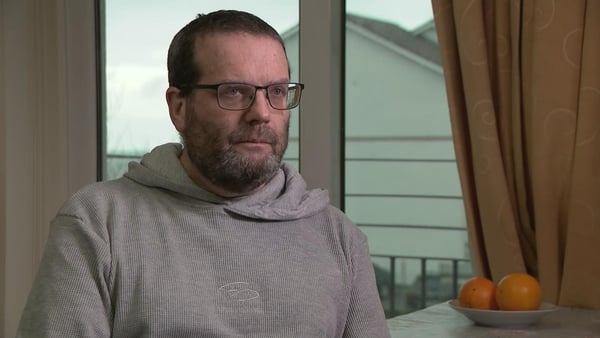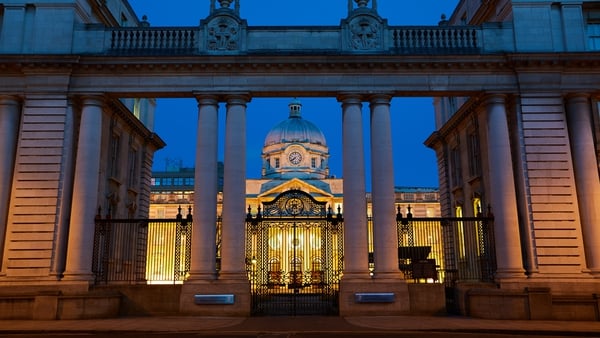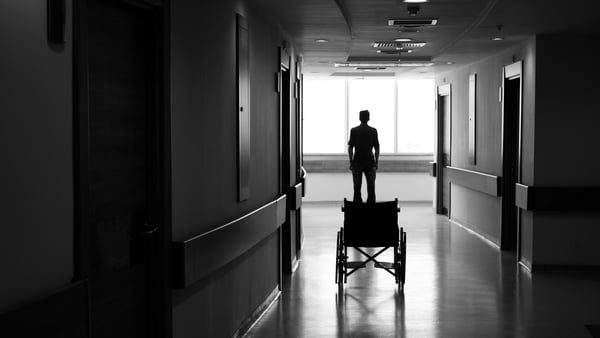A family who had to take on the State to secure proper special needs education have gone public to demand accountability after learning a secret health dossier had been unlawfully kept on them.
Adam Keogh and his mother Sharon have spoken publicly for the first time after learning the details of a confidential healthcare consultation with a HSE doctor was contained in a file kept by Department of Health staff with other material that had been covertly shared.
"To think that all of that would be reported to someone else when I was seeking help, when I was trying to get better, it's horrifying," said Mr Keogh, who is now 23 years old.
His mother Sharon said for years she understood the case was over because it only related to accessing special needs supports in primary school. The case was opened in 2007, and there had been no court activity on it after February that year.
She said it never dawned on her that more than a decade later the department could still be monitoring them in the background. She is seeking an apology.
"I never got an apology. And nobody else got an apology. Nobody got an apology," she said.
The Keoghs' files were one of more than 20 kept to allow the State to manage its litigation strategy in long-dormant High Court cases.
Their existence only came to light in 2021 when a Department of Health whistleblower raised concerns in an RTÉ Investigates report.
The files gathered included sensitive medical and educational information relating to children with additional needs, including Adam who is autistic.
The dossiers had been built and maintained over a number of years by the department without the knowledge or consent of parents.
In the wake of the RTÉ Investigates report, the Department of Health staunchly defended its actions and denied breaching data protection legislation.
Watch: RTÉ Investigates: The Department, The Data & The Disclosure
Questioned about the issue at the Oireachtas Health Committee, Department of Health Secretary-General, Robert Watt, claimed the RTÉ report did not "stand up".
"There is no evidence that the department was secretly compiling documents on children with autism involved in special education needs litigation, as alleged," he told the Oireachtas Joint Committee on Health in May 2021.
However, a report by the Data Protection Commission (DPC) published in July concluded that the department had engaged in unlawful practices. The department’s practices were "excessive, lacked transparency, had no clear policy, and were not necessary", the DPC found.
It said the data processing within the department "amounted to a serious interference with the private and family life of plaintiffs".
After the publication of the decision, the department issued a statement that again reiterated that it had "never actively obtained or unlawfully held sensitive medical and educational information of children involved" such cases.
However, Deputy Commissioner at the DPC Tony Delaney said the department had acted "unlawfully".
"Our decision says unlawful things happened from a data protection perspective ... they broke the law, they've been penalised for it, they've been reprimanded for it. There's a ban on processing which took immediate effect," he said.
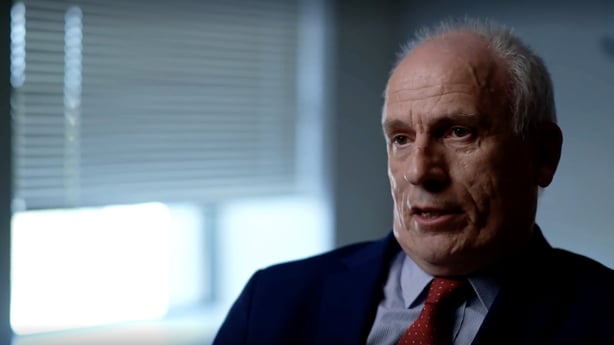
A key emphasis on the DPC’s assessment of wrongdoing was the issuing of periodic template letters issued by the department to HSE managers asking for service updates, without the consent of litigants, which looked for "any other information the HSE feels worth mentioning".
In the Keoghs' case this letter was passed to one of their doctors. This doctor initially asked whether the family was aware their information was being shared with the department.
In response, the doctor was explicitly told by the department that "no contact to be made please with [Adam] or his family". The department said it would withdraw the request for an update.
But the next day, the doctor emailed a lengthy report to the department with details gathered from the consultation held with the Keoghs.
This included information on Adam’s diagnosis; his waiting list status; issues with his medication as a child; the family’s engagement with child and adolescent health services; details of a referral from a GP; details of their family dynamics and how individual symptoms were presenting.
The report also included information on unrelated matters concerning his sister and how the family were preparing to cope with Adam’s transition to adulthood.
In the other cases, sensitive health data was gathered, shared and stored for the same purpose.
These were based on health reports compiled by HSE managers with information gathered indirectly from healthcare services.
Read more:
'The department got caught out': The story of the dossier scandal
The details included specific care issues they were dealing with, matters related to the private lives and how this might potentially impact on their views on the service.
After the Keoghs’ decision to speak out, the department was asked for a further statement and to clarify its previous position that it had processed data lawfully.
In response, it said it had cooperated with the DPC and while it had received sensitive information it had not sought this information.
It said it accepted that "the department did infringe data protection law by asking broad questions that resulted in the department receiving sensitive information about the private lives of plaintiffs and their families".
The department said while it had received other pieces information legitimately in the course of legal cases it "accepts that under both European Union and Irish data protection legislation it was not proportionate nor necessary to retain such personal data".
It said since the decision it has "initiated the corrective measures to ensure that the information retained and processed is done so on a strictly lawful basis."
RTÉ Investigates invited Mr Watt to take part in an interview to discuss this matter. He did not accept.
Conor Ryan and Lydia Murphy's report on the Keogh family and the data protection breach by the Department of Health features on tonight's edition of Prime Time, broadcast at 9.35pm on RTÉ One.
